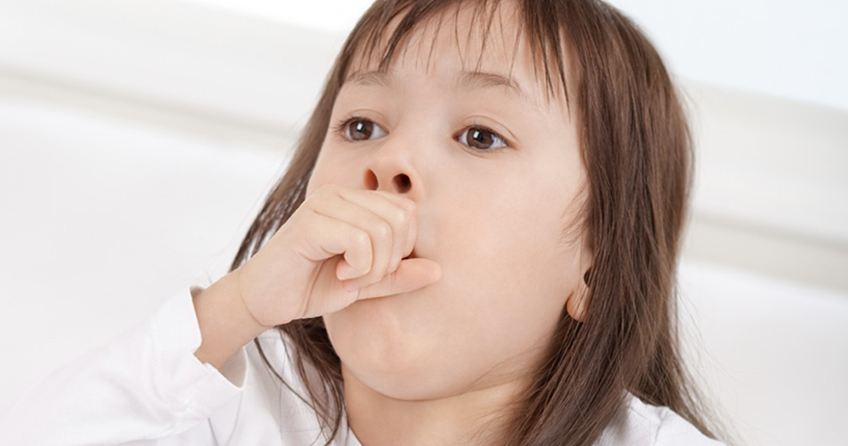
Vomiting
Vomiting can be your child's body's way of expelling the irritants it's encountering. Viral gastroenteritis, often referred to as the "stomach bug" or "stomach flu," is a common cause of vomiting in children. The primary concern during vomiting is maintaining proper hydration, as severe dehydration can significantly impact the body's functionality. However, in most cases, vomiting is an uncomfortable but temporary experience for both children and parents.
To promote adequate hydration and minimize vomiting, the following guidelines are recommended, depending on your child's age:
Infants Under 6 Months of Age:
- Administer about ½ ounce of an oral electrolyte solution (e.g., Pedialyte) every 15 minutes. Avoid giving plain water as the salts in the electrolyte solution help replace lost fluids.
- Gradually increase the solution amount if there's no recurrence of vomiting. For example, after two hours of tolerating ½ ounce, it's acceptable to try ½ to 1 ounce every 15 minutes and increase throughout the day.
- If there's no vomiting after eight hours of this hydration process, you can consider returning to formula and/or breastfeeding, but start slowly. For breastfeeding, stick to 5-10 minute feeds every two hours, and for formula feeding, start with no more than an ounce at a time.
- If vomiting occurs during rehydration, wait about 30-60 minutes before attempting the process again.
- For infants under two months of age with repeated vomiting episodes, contact Boulevard Pediatrics for immediate care and instructions.
Infants 6 Months to 1 Year of Age:
- Follow similar guidelines as for younger infants, but initial fluid volumes can be slightly higher.
- Flavored popsicles from oral electrolyte solutions can be helpful.
- After eight hours without vomiting, you can gradually reintroduce formula/breast milk as mentioned above. Start slowly. For infants on solids, you can introduce bland foods such as bananas, cereals, and soft crackers.
Children 1 Year of Age and Older:
- Similar to the above instructions, larger initial volumes of clear fluids can be tolerated. Begin with ½ ounce every 15 minutes and increase gradually.
- Clear liquids like ice chips/water, flavored oral electrolyte solutions (e.g., Pedialyte), or popsicles can be given.
- After eight hours without vomiting, you can introduce mild, bland foods, including mashed potatoes, bland soups, and chicken broth.
- In some cases, we may prescribe anti-vomiting medication, but this would only be after an in-office evaluation.
- It's advisable to avoid milk products until a day or so after the vomiting stops.
Signs of Mild to Moderate Dehydration:
- Dry mouth
- Decreased tears
- Decreased wet diapers or no urination in an older child for 6-8 hours
- Slightly sunken soft spot on an infant's head
- Increased fussiness
Signs of Severe Dehydration:
- Extremely dry mouth, often appearing sticky inside
- Wrinkled or doughy skin
- Decreased alertness
- Sunken eyes or a sunken soft spot in an infant
- Increased sleepiness and appearing limp
- No urination for eight hours in an infant and 12 hours in an older child
When to Seek Medical Attention: If your child refuses fluids or vomiting persists, it's important to seek medical attention. Other concerning signs include abdominal pain inconsistent with a viral stomach bug, projectile vomiting in an infant less than 3 months old, vomiting after a head injury, vomiting bright green fluid, vomiting blood or coffee ground emesis, or any other symptoms that raise concerns about your child's well-being. In such cases, please have your child seen immediately.
At Pediatrics & Adolescents Clinic, we prioritize your child's health and well-being, providing comprehensive guidance and care during challenging times.







